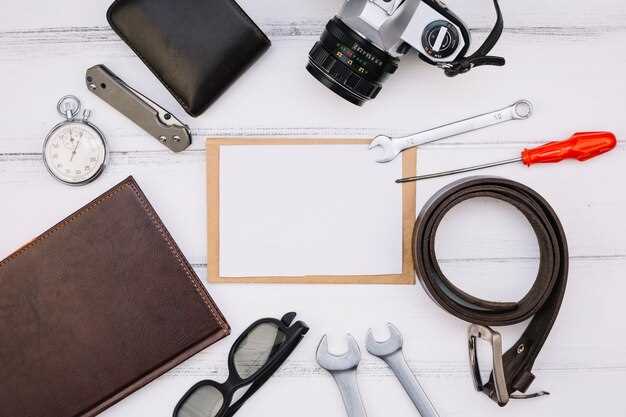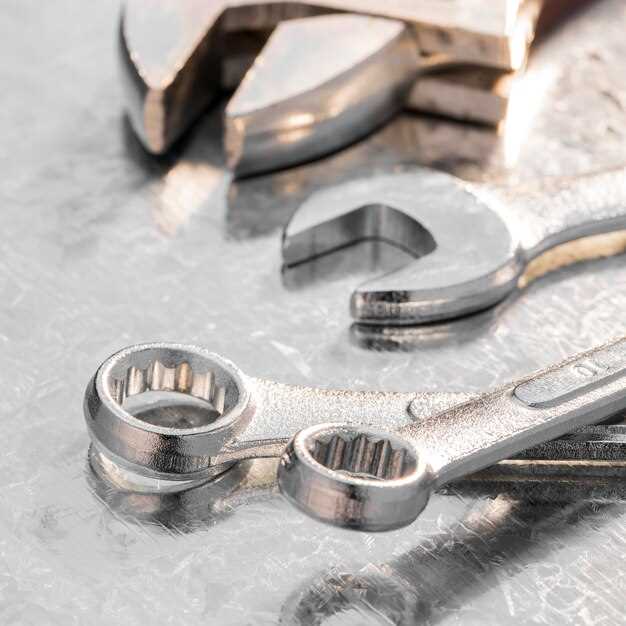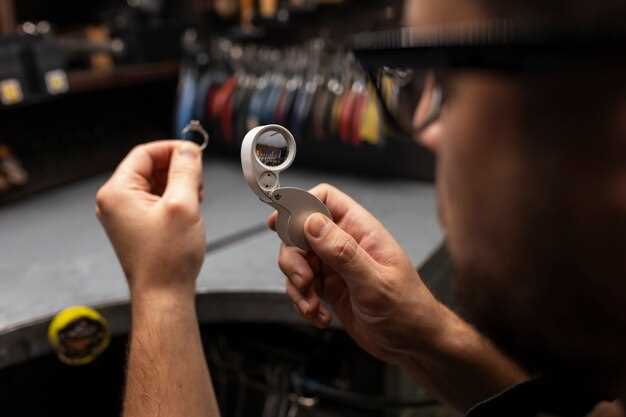
For enthusiasts of vintage automobiles, maintaining a classic car is not just a hobby–it’s a passion. The appreciation for history and craftsmanship in these vehicles means that owners are often dedicated to preserving their unique charm. However, to effectively manage maintenance and repairs, it’s essential to have the right tools on hand.
Investing in the proper toolset ensures that every aspect of your classic car can be tended to with care and precision. Whether you’re tackling routine maintenance tasks or restoring a timeless piece of automotive history, having basic tools readily available will make the process significantly smoother. In this article, we’ll explore the essential tools every classic car owner should possess to keep their beloved vehicle running in top condition.
From the necessary wrenches and sockets to specialty tools designed for vintage models, being adequately equipped can save time, money, and frustration. As you embark on your journey to maintain your classic car, remember that the right tools are invaluable for achieving the results you desire.
Must-Have Hand Tools for Vintage Car Repairs

When it comes to vintage car maintenance, having the right hand tools is essential for performing effective repairs and upkeep. A well-equipped toolbox can make a significant difference in your ability to handle various tasks, from simple adjustments to more complex restorations.
One of the primary tools you should possess is a set of combination wrenches. These wrenches allow for easy access to nuts and bolts in confined spaces, making them invaluable for tuning or replacing engine components. Additionally, a ratchet and socket set is crucial for quicker disassembly and reassembly of parts, especially when working on the engine or transmission.
Another essential is a quality screwdriver set. Vintage cars may require different types, such as flathead and Phillips screwdrivers, to address various fasteners. An impact driver can be particularly useful for loosening stubborn screws without damaging them.
Equally important are pliers, especially needle-nose and slip-joint varieties. These allow for precise handling of wires and small components, aiding in electrical repairs and small adjustments. A set of quality pliers ensures that you can grip, twist, and cut materials effectively.
Don’t overlook the value of a torque wrench. Proper torque application is crucial for safety and reliability, especially when reinstalling critical components like cylinder heads or wheel bolts. A torque wrench helps maintain the integrity of your vintage car by ensuring parts are properly secured without risking damage.
Lastly, a good mechanic’s creeper can make working under a car more comfortable and efficient. This tool allows you to slide underneath your vehicle effortlessly, facilitating access to the undercarriage for maintenance tasks such as exhaust replacements or brake inspections.
Equipping yourself with these must-have tools will not only enhance your ability to maintain your vintage car but also enrich your ownership experience. Investing in quality hand tools can save you time, effort, and money in the long run.
Essential Diagnostic Tools for Classic Car Maintenance
Classic car owners understand the importance of maintaining their vintage vehicles to ensure optimal performance and longevity. Having the right diagnostic tools is crucial for identifying issues and performing necessary repairs. Here are some essential tools every classic car owner should have in their toolkit.
A multimeter is a fundamental diagnostic tool that measures voltage, current, and resistance in electrical systems. This device is vital for troubleshooting electrical problems, such as faulty wiring or malfunctioning components. When working on vintage cars, where wiring may have aged or corroded, a multimeter can help pinpoint issues efficiently.
An OBD-II scanner, while more common in modern vehicles, can still be useful for classic cars equipped with newer electronic systems. This tool connects to the car’s diagnostic port, allowing owners to read error codes and monitor engine performance. Even vintage enthusiasts might find value in knowing how newer technology can assist in their car maintenance.
A compression tester is essential for evaluating the health of an engine. It measures the pressure within each cylinder, helping identify issues such as worn piston rings or valve problems. Regularly checking compression can lead to early detection of engine troubles, ensuring that classic car owners can address them before they escalate.
Vacuum gauges are helpful for diagnosing engine performance issues. By measuring the engine’s vacuum levels, this tool provides insights into air/fuel mixtures and overall engine health. Fluctuations in vacuum readings can indicate potential problems such as leaks or valve issues, making this tool invaluable for managing a vintage car’s condition.
Lastly, a timing light is essential for tuning engines. It allows owners to check the ignition timing accurately, which is critical for engine performance. Vintage cars often require precise timing adjustments to run efficiently, and having a quality timing light helps ensure that classic car owners can keep their vehicles in peak condition.
Equipping yourself with these essential diagnostic tools for your classic car will not only make maintenance easier but also enhance your understanding of your vehicle’s inner workings. With the right tools, you can confidently address any issues that arise, ensuring your vintage car remains a cherished and reliable part of your automotive collection.
Storage and Organization Solutions for Your Classic Car Toolkit

Effective storage and organization solutions are essential for any classic car owner looking to maintain their vintage vehicle. Properly organized tools not only save time but also enhance the overall restoration and maintenance experience. Here are some practical solutions to keep your classic car toolkit in order.
-
Tool Chest:
A sturdy tool chest is a must-have for any classic car toolkit. Look for one with multiple drawers to accommodate various tool sizes and types. Consider a chest with locking capabilities to keep your tools secure when not in use.
-
Magnetic Tool Holders:
Utilize magnetic tool holders to keep essential tools easily accessible. These holders can be mounted on walls or inside tool cabinets, allowing you to grab the tools you need without rummaging through drawers.
-
Tool Organizers:
Invest in tool organizers, such as trays or bins, to keep smaller items sorted and easily identifiable. Using clear containers can help you quickly locate wrenches, sockets, and other components while working on your car.
-
Pegboard Systems:
Install a pegboard in your garage or workshop to maximize vertical space. Pegboards allow you to hang tools of various shapes and sizes, making it simple to see what you have at a glance.
-
Rolling Tool Cart:
A rolling tool cart is ideal for a classic car owner who frequently moves between projects. Look for a cart with multiple shelves and compartments to store tools, lubricants, and other essentials within easy reach.
By implementing these storage and organization solutions, you can ensure that your vintage car tools remain in excellent condition and readily available. This not only streamlines your maintenance efforts but also adds to the enjoyment of working on your classic automobile.


